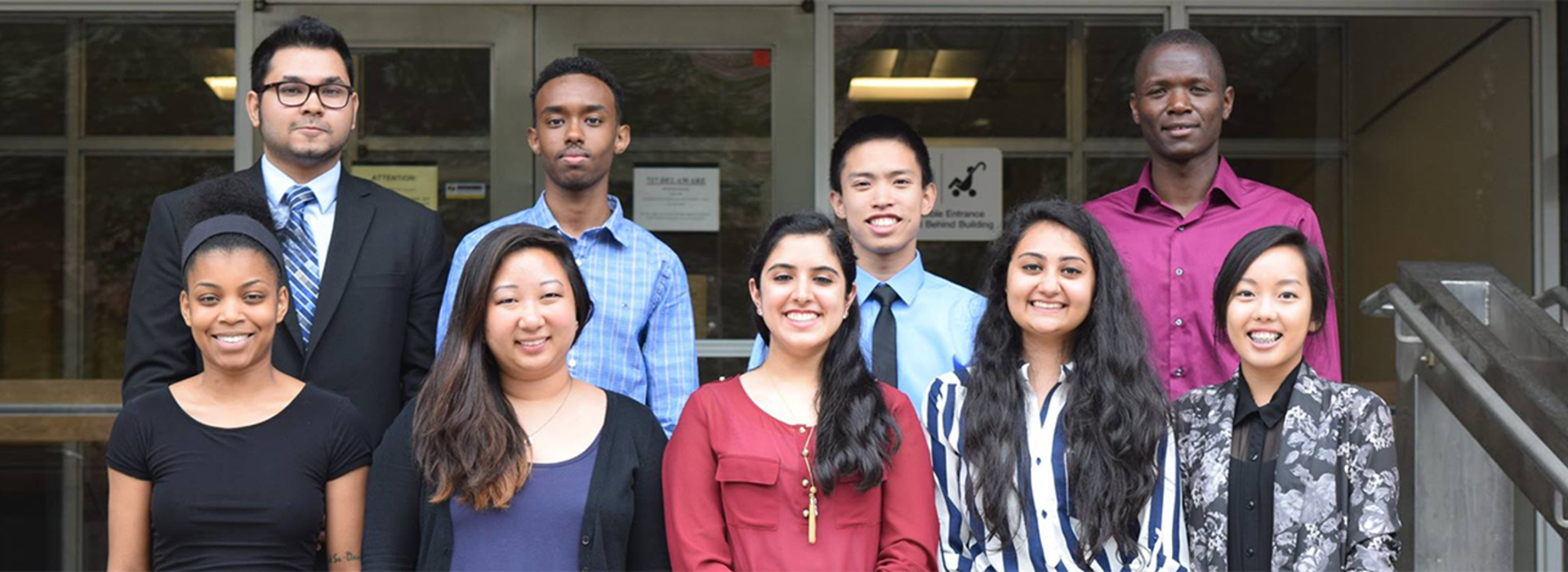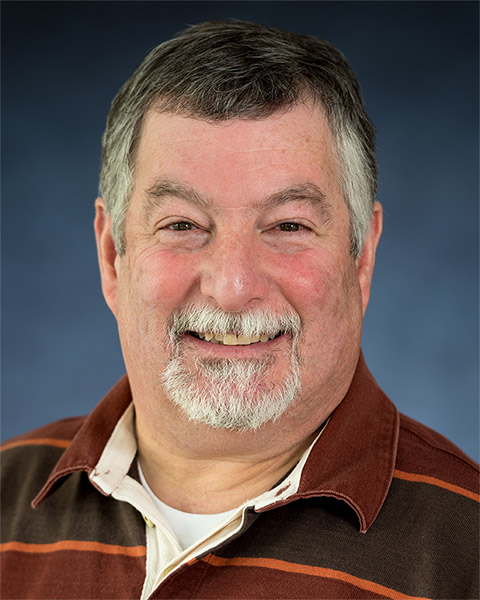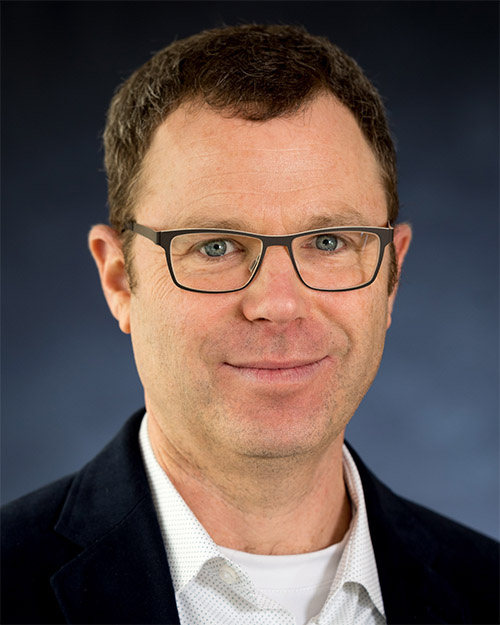
Diversifying the Community of Neuroscience
Despite the initiatives to increase diversity among neuroscience researchers, there has been a decline in the proportion and absolute numbers of researchers in the field representing people of color. The loss of diversity among career scientists means a loss of diversity of thought, limiting new ideas and scientific progress in the neurosciences. The inability of training programs to increase diversity is not an indictment of those programs, but rather it illustrates limitations in program approach. Individuals underrepresented in neuroscience are lost in the system at transition points in their training, i.e., graduate school to postdoctoral training, postdoctoral training to faculty members, and tenure for young faculty. One factor contributing to this attrition is the feeling of isolation given the lack of meaningful ethnic and/or racial peer groups.
The Diversifying the Community of NeuroScience proposes to take a longitudinal approach to mentoring by establishing peer groups across each stage of professional development and utilizing these peer groups to develop a community of scientists. Each peer group we receive longitudinal training in professional skills and mentoring. Through both mentor/mentee and peer-to-peer/peer-to-near peer mentorship structures, we tailor professional development to the progression of each trainee, simultaneously creating a network of support amongst the participants. We provide access to high-level research cores and laboratories to enhance the scientific impact of the participants’ research. Our goal is to significantly enhance workforce diversity in the academic pursuit of research in neuroscience

Robert Meisel, PhD
Professor, Department of Neuroscience
Dr. Meisel has a research program that has been federally-funded for over three decades. In that capacity he has trained high school students, undergraduates, graduate students and postdoctoral fellows. He is also a mentor for junior faculty at the University of Minnesota. In addition to Diversifying CNS, Dr. Meisel is a Program Director for an NINDS-funded summer undergraduate R25 research initiative that is in its 8th year.

Paul Mermelstein, PhD
Professor and Associate Head, Department of Neuroscience
Dr. Mermelstein has an active research program that has been federally funded for over 20 years. He too has experience training undergraduates, graduate students, post docs and is a mentor to junior faculty. He is the PI of a NIDA-funded R25 grant that provides undergraduate summer research opportunities as well as a T32 training grant that supports training for graduate students and postdocs. He is the Chairperson for the NIH NMB study section. With this experience and his position as Associate Head he leads mock R01, K99/R00, K23 and F30/31/32 grant proposal sessions for the Medical School.
ADVISORY COMMITTEE
The advisory committee for our program is comprised of a distinguished group of scientists who have demonstrated a commitment to diversity and mentoring junior scientists. Drs. McCullough, Rasband and Rodal are all winners of the Landis Award presented by NINDS for mentoring excellence.
- Louise McCullough Professor, University of Texas Health Science Center
- Matthew Rasband Professor, Baylor College of Medicine
- Kimberlei Richardson Associate Professor, Howard University School of Medicine
- Avital Rodal Professor, Brandeis University
APPLICATION REQUIREMENTS
Save the Date: Our first on-site training session will be held August 1-5, 2021.
Applications to the program will be accepted from March 1 to April 15, 2021. All applicants must be citizens or permanent residents of the US or its possessions. Applications should include a statement of professional status (grad student, postdoc or junior faculty), number of years at that level, a statement of interest in the program, and a brief letter of support from a research mentor or department head/chair.
Applications can be submitted online via this link.
The deadline for applications is May 31.